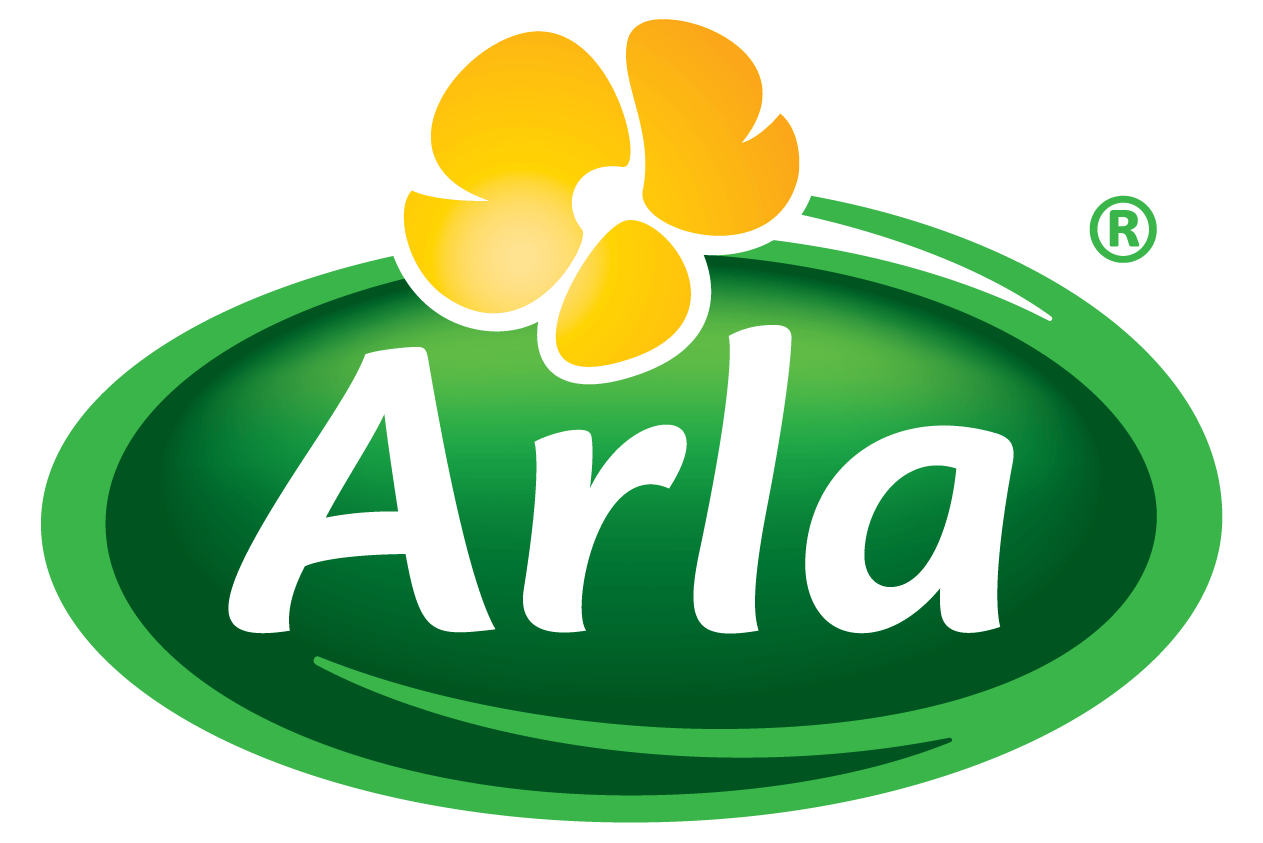From the beginning of February, the Danish dairy giant Arla took a significant step towards a more sustainable future by introducing green packaging for its most popular milk product, Arla 24.
The move means that 92 million milk cartons are now made from tree and pant material, ensuring the company a CO2 reduction of 22 percent for its production. The step is part of Arla’s strategy for all its milk cartons to be CO2 neutral by 2020.
“We are working hard to make our milk climate friendly and sustainable packaging is an essential part of that solution. By pouring 92 million litres of Arla 24 milk into green cartons we reduce CO2 emissions by 22 percent compared to the old cartons,” said Jakob B Knudsen, the head of Arla in Denmark.
READ MORE: Oh snap! Carlsberg’s new sustainable beer packaging hits the streets
Better recycling plan
The new cartons will be made from brown cardboard produced from natural material without the use of bleaching processes. This means that a white chalk layer has been removed from the packaging, which is produced by Elopak and Tetrapak.
In 2014, Arla changed the lid of Arla 24 cartons to a more climate-friendly option that is 100 percent bio-based plastic from sugar cane.
The changes are all part of the dairy firm’s goal of reducing its CO2 emission by a quarter in 2020, compared to its emissions in 2005.
“Climate-friendly cartons are an important part of our climate strategy, but we won’t stop there. We are in the process of replacing the packaging of all our big production categories,” said Knudsen.
Knudsen went on to reveal that Arla was working on improving milk carton recycling via a prospective partnership involving municipal waste processing.
Recently, Danish brewery Carlsberg abandoned traditional plastic ring can holders in favour of its new ‘Snap Pack’, a more sustainable option that promises to save the company 150 tonnes of plastic in Denmark alone.











